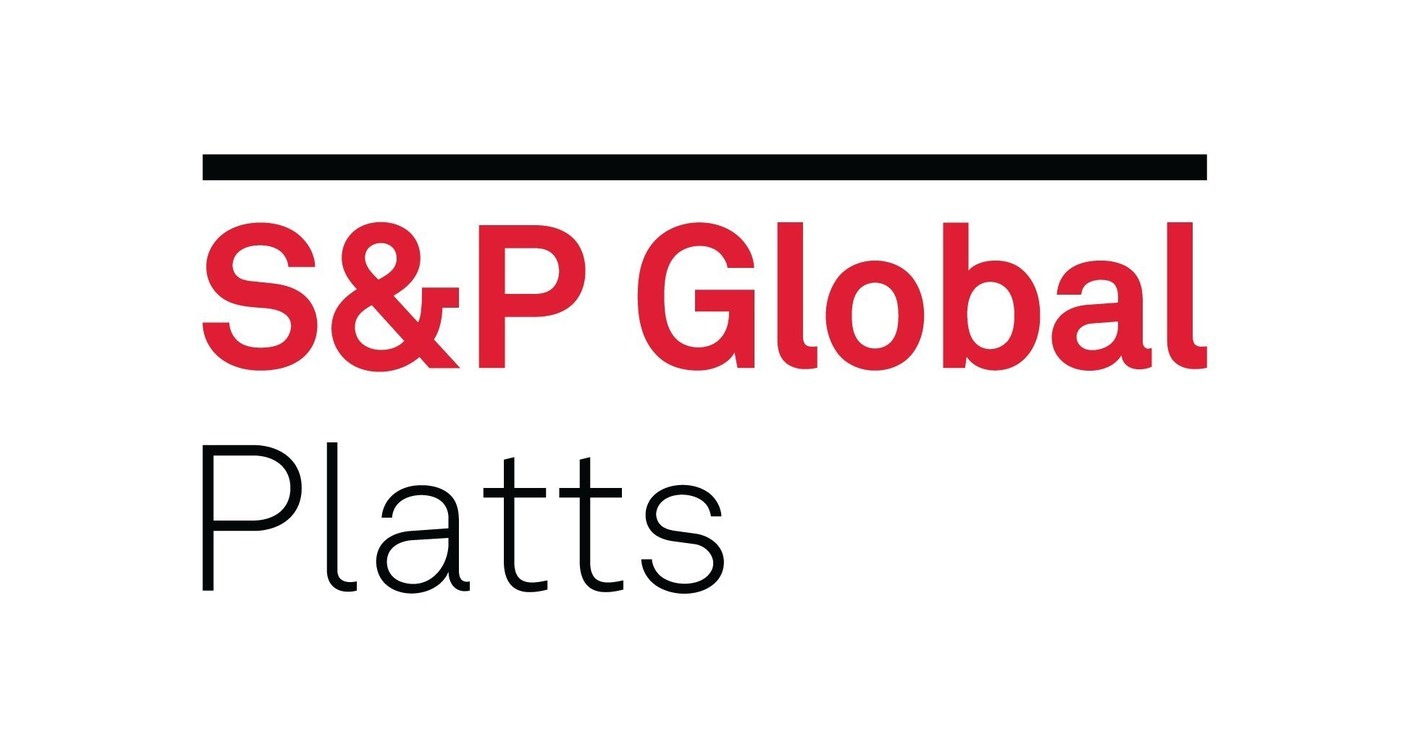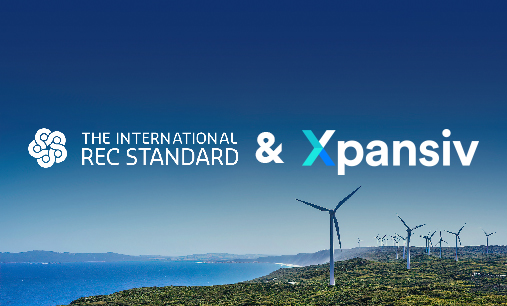Xpansiv
Press

Xpansiv’s unlike much else on the ASX or listed globally; it owns the dominant carbon trading platform and associated services, including registry, data/trading infrastructure and the like. It’s also growing like a weed. Xpansiv’s carbon credit market CBL posted record volumes in the three months to March 31, crossing contracts worth 46.8 million tonnes. Including water and other ESG commodities, total volumes on CBL were 50.2 million tonnes, which was 15 per cent higher than what was a then record December quarter.

The company, which runs a marketplace for commodities with the consideration of environmental, social, and governance (ESG) factors, will register crude produced by Lundin Energy with the help of certification company Intertek.
“This is a critical moment of confluence between two paradigm shifts in global energy—digitization and decarbonization,” said Xpansiv CEO Joe Madden. “The energy transition will be driven by greater data transparency, so crude oil producers like Lundin Energy with improved ESG performance are rewarded with a clear price signal. The Xpansiv platform provides the financial infrastructure—from source data to market outcomes—that enables this shift in the valuation of global commodities.”

To John Melby, COO of the largest carbon credit exchange market Xpansiv CBL, the proposed rules are a welcome market signal from regulators. “I think the SEC or any regulatory entity providing clarity is useful,” Melby said. “Markets react positively to clarity. The addition of these rules and the clarity around that is only going to bring more confidence to the market, and you would expect to see more and more corporates have comfort in buying offsets.”

Energy companies can now share traceable information about the emissions that were generated when their oil was produced thanks to a new platform provided by exchange operator Xpansiv, which is betting that corporate climate targets will stoke demand for fuel with a smaller carbon footprint.
The long-term objective is “to transform the energy sector at scale,” said Jeff Cohen, Xpansiv’s director of sustainability.
Lundin chief executive Nick Walker said the company has won customers thanks to its emissions profile, and is able to charge a small premium for its oil. “The world is trying to decarbonize and people are willing to pay,” he said.

Xpansiv is one of the global frontrunners in this space, acting as a global marketplace for ESG commodities and building the necessary carbon trading infrastructure such as the first standardised global carbon offset benchmark contract, the Global Emissions Offset (GEO). GEO futures are now traded on the world’s largest derivatives exchange, the CME.
“Xpansiv have demonstrated expertise and success, this knowledge has been really important since our investment, when we think about the tools and products we need to develop.”

Amy Bann, head of the registries network and integration at Xpansiv, a global market for ESG-inclusive commodities, said the market for offsets has seen “enormous growth.” Indeed, trading on the company’s voluntary carbon offset exchange increased 288% in 2021 from 2020 levels. The demand for carbon credits could increase “by a factor of up to 100 by 2050,” according to The Taskforce on Scaling Voluntary Carbon Markets (TSVCM) and McKinsey. The market for these credits may be worth up to $30 billion by 2030, the firms said.
“Offsets should be gap filling,” said Bann. For example, if there isn’t enough supply of certain products to scale up the energy transition or if the technology to reduce emissions in certain sectors isn’t available yet, companies “view [offsets] as a bridge to get to the ultimate reduction goal,” said Bann, who formerly served as the director of sustainability strategy at Boeing.
Boards need to have the final approval of the climate strategy, including offsets, Bann said. Directors should ask management to share offset data along with the annual greenhouse gas emission accounting, in line with the standard frameworks available, she added. Additionally, boards should be “in tune” with banks’ and investors’ expectations regarding offsets.












